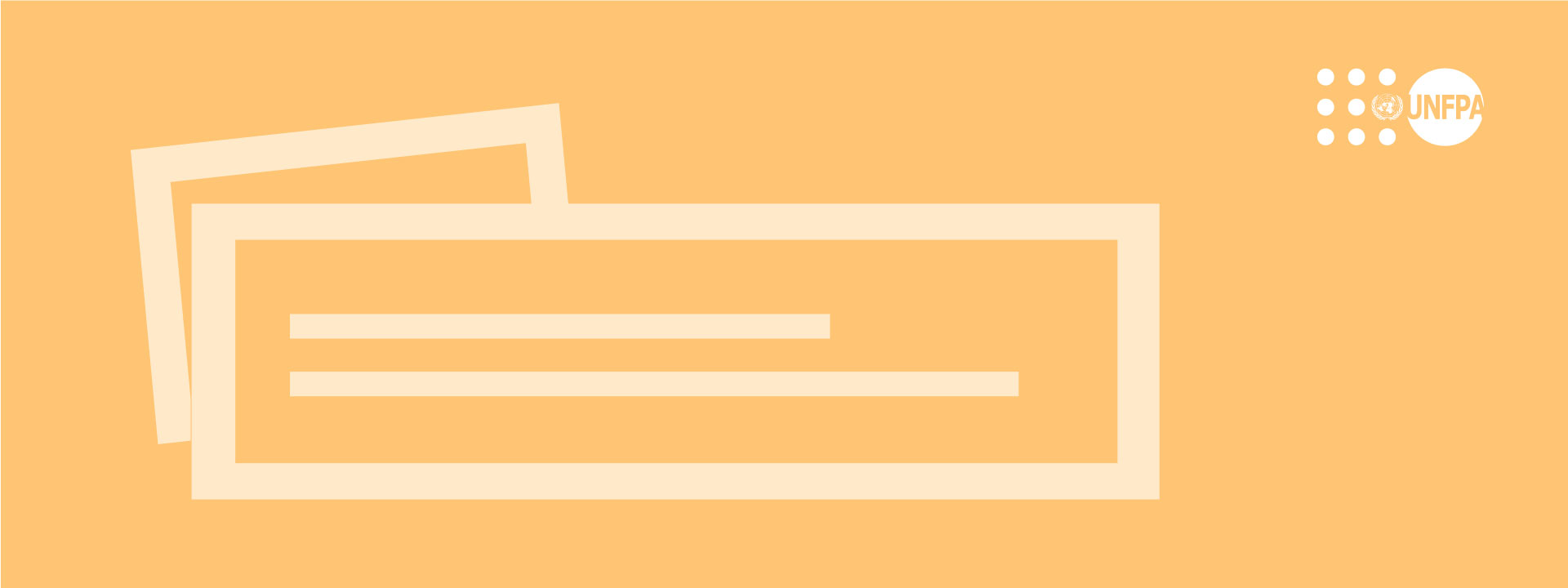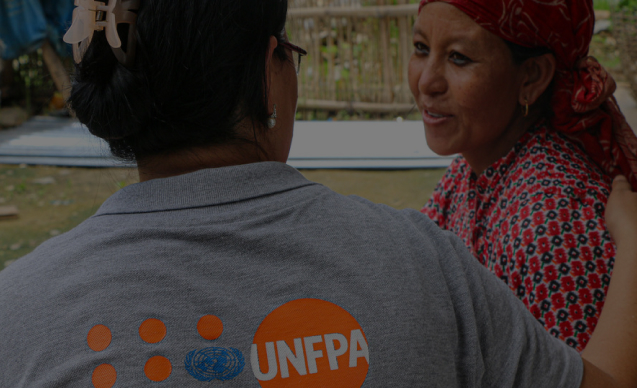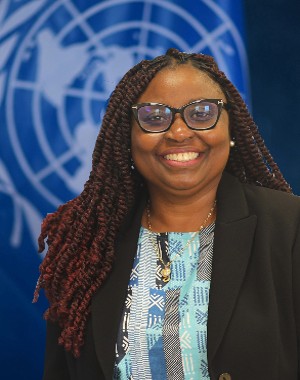About UNFPA
UNFPA is the United Nations sexual and reproductive health agency. Our mission is to deliver a world where every pregnancy is wanted, every childbirth is safe and every young person's potential is fulfilled.
UNFPA Supports:
Reproductive health care for women and youth in more than 150 countries – which are home to more than 80 per cent of the world’s population
The health of pregnant women, especially the 1 million who face life-threatening complications each month
Reliable access to modern contraceptives sufficient to benefit 20 million women a year
Training of thousands of health workers to help ensure at least 90 per cent of all childbirths are supervised by skilled attendants
Prevention of gender-based violence, which affects 1 in 3 women
Abandonment of female genital mutilation, which harms 3 million girls annually
Prevention of teen pregnancies, complications of which are the leading cause of death for girls 15-19 years old
Efforts to end child marriage, which could affect an estimated 70 million girls over the next 5 years
Delivery of safe birth supplies, dignity kits and other life-saving materials to survivors of conflict and natural disaster
Censuses, data collection and analyses, which are essential for development planning
UNFPA is formally named the United Nations Population Fund. The organization was created in 1969, the same year the United Nations General Assembly declared “parents have the exclusive right to determine freely and responsibly the number and spacing of their children.”
UNFPA calls for the realization of reproductive rights for all and supports access to a wide range of sexual and reproductive health services – including voluntary family planning, maternal health care and comprehensive sexuality education.
Since UNFPA started its work, the world has seen progress: The number and rate of women dying from complications of pregnancy or childbirth has been halved. Families are healthier. Young people are more connected and empowered than ever before.
But too many are still left behind. More than 760 million people are mired in extreme poverty. Sexual and reproductive health problems are a leading cause of death and disability for women in the developing world. Young people bear the highest risks of HIV infection and unintended pregnancy. Many millions of girls face the prospect of child marriage and other harmful practices, such as female genital mutilation (FGM).
Much more needs to be done to ensure a world in which all individuals can exercise their basic human rights, including those that relate to the most intimate and fundamental aspects of life.




